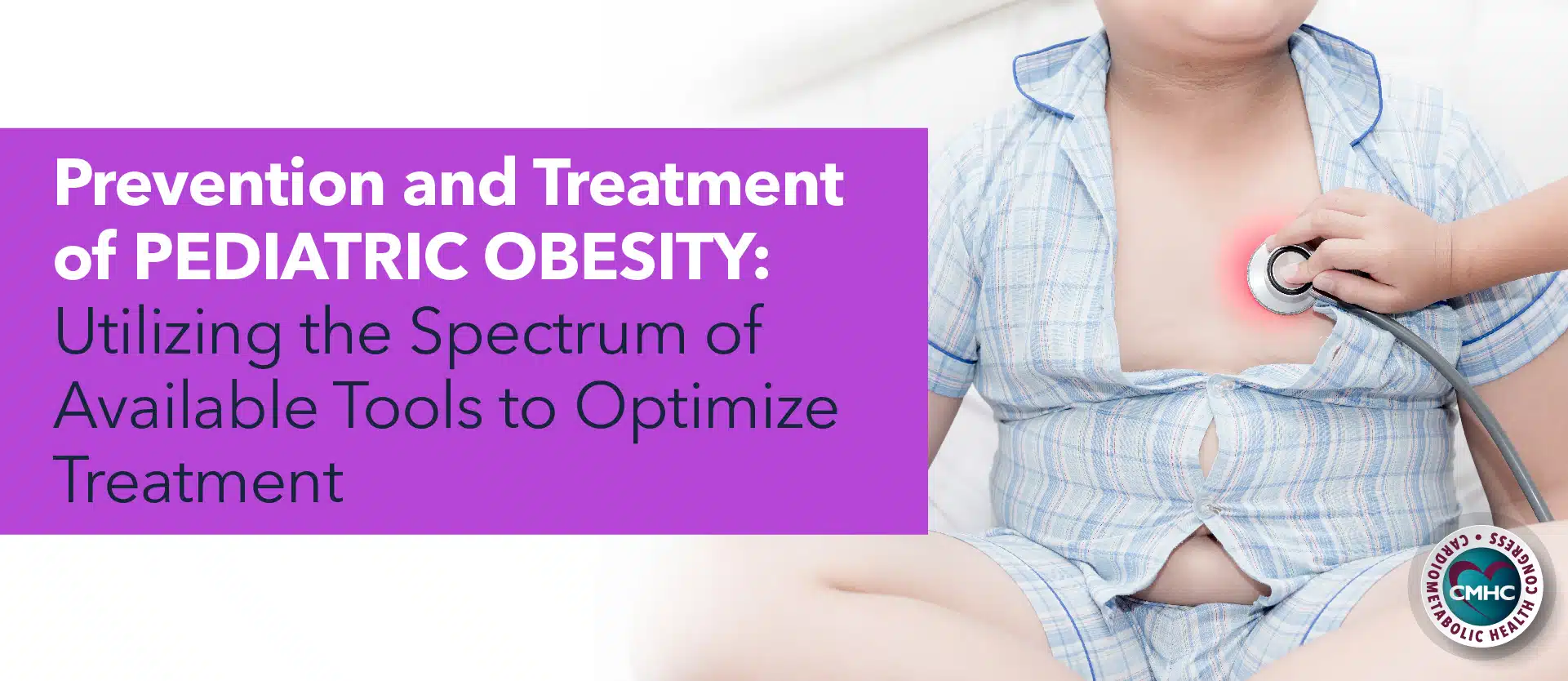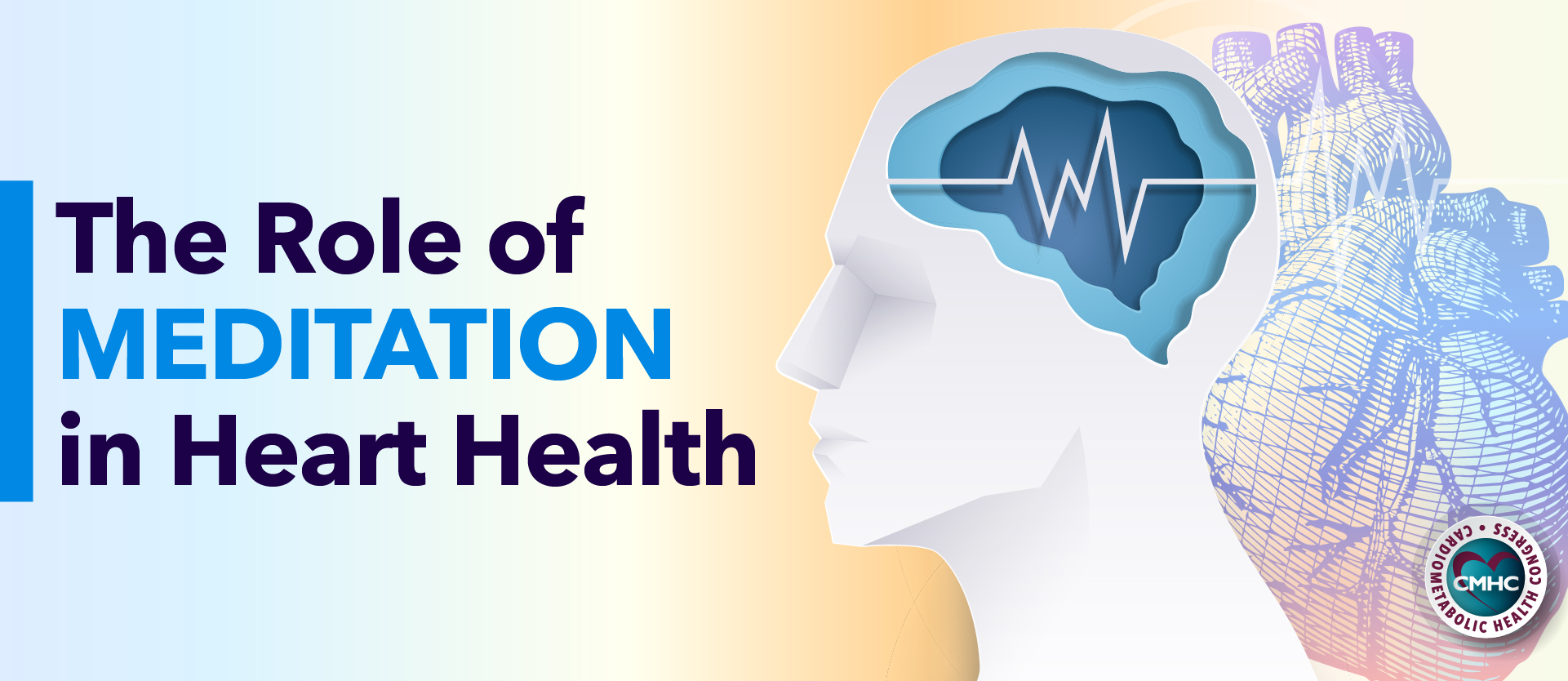May marks the beginning of Mental Health Month a period which aims to bring awareness to the reality of millions of people across the globe living with mental illness. Although mental health has historically been viewed as separate from physical health, mounting scientific evidence suggests these two facets are much more closely intertwined.
Research reveals that on average, individuals with severe mental illness, including schizophrenia, bipolar disorder, and major depressive disorder, have a reduced life expectancy which can range from between 10 and 20 years. This is likely a result of the increased prevalence of cardiometabolic disorders in this demographic as compared with the general population. Prior studies have reported that individuals with severe mental illness experience a heightened risk for developing obesity, type 2 diabetes, cardiovascular disease, and other cardiometabolic disorders. At this time in cardiometabolic medicine, it is paramount to identify those at highest risk for cardiometabolic disease and understand the underlying reasons for their increased susceptibility.
The Intersection of Mental Illness and Cardiometabolic Disease
As part of the ongoing fight against the cardiometabolic epidemic, researchers and healthcare professionals should make vulnerable demographics a priority in prevention and care. While the connection between mental health and cardiometabolic disease is still in its early stages of study, existing data points to an alarming correlation. In patients with schizophrenia, obesity has been found to be 3.5 times more prevalent while in those with type 2 diabetes its occurrence has been doubled in connection with severe mental illness. Additionally, cerebrovascular disease is up to 3.3 times more common in patients with bipolar disorder.
Historically, the increased risk for and prevalence of cardiometabolic disorders has been largely attributed to social determinants and lifestyle factors – such as poor nutrition, sedentary lifestyle, and substance abuse – which tend to co-exist with serious mental illness as well as the effects of prescribed psychotropic medications. However, a growing body of evidence suggests there might be common biological mechanisms underlying both mental and psychiatric illness.
Studying the Correlation between Mental Illness and Cardiometabolic Disease
A recent study published in Circulation surveyed 221,000 people aged 45 years and older without any history of cardiovascular disease about their mental health. After the median follow-up of more than four-and-a-half years, participants who had previously reported high or very high levels of depression and anxiety were significantly more likely to have experienced a heart attack or stroke than participants without mental health symptoms.
While researchers have found that genome-wide genetic correlations between psychiatric and cardiometabolic traits confirm underlying common biology, this area of study is still relatively novel and much remains to be uncovered. In a recent study published in Nature, a team of investigators evaluated data from several studies to determine whether genetic variations could identify sub-groups with different metabolic profiles in individuals with European ancestry. As part of their analysis, researchers selected loci associated with schizophrenia, bipolar disorder, and major depressive disorder from previous genome-wide association studies as well as loci implicated in cardiometabolic processes and diseases.
They utilized data from the IMPROVE study with a high cardiovascular risk sample and the UK Biobank study with a general population sample; they also applied multidimensional scaling to genetic variants implicated in both psychiatric and cardiometabolic disorders. Data from the IMPROVE trial revealed that genetic loci associated with both schizophrenia and cardiometabolic disease were able to distinguish three groups of individuals with distinct metabolic profiles. This association was replicated within the UK Biobank population with slightly less significant distinction between metabolic profiles.
Nonetheless, the aforementioned study focused solely on individuals of European ancestry and is not likely to apply to more genetically diverse populations. While it provides proof of concept that there is common biology underlying mental and physical illness, further research is needed to better understand the correlation and resulting differences in cardiometabolic profiles.
Mental Health Disorders and Cardiometabolic Risk Factors
An extensive and growing body of research proves that mental health is associated with risk factors for cardiovascular disease, both before the diagnosis of mental health disorders and during treatment with effects arising directly through biological pathways and indirectly through risky health behaviors. Individuals living with depression, anxiety, stress, and even PTSD over a long period of time may experience physiologic effects including increased cardiac reactivity, reduced blood flow to the heart, and heightened cortisol levels. With time, these effects can lead to calcium buildup in the arteries, metabolic disease, and heart disease.
Additionally, existing research has noted the impact of medications used to treat mental health disorders on cardiometabolic risk. According to the Centers for Disease Control and Prevention, antipsychotic medications has been associated with obesity, insulin resistance, diabetes, heart attacks, atrial fibrillation, stroke, and even death. Furthering the issue, mental health disorders may also increase the chance of adopting negative health behaviors such as smoking, sedentary habits, and failure to adhere to treatment often due to a lack of healthy coping strategies contributing to difficulties in making healthy lifestyle choices.
Addressing Mental Health
Clinicians play a crucial role in this problem as it is important to address the symptoms of mental health disorders early on, provide access to appropriate services, and to support the increase of healthy behaviors – such as physical activity, improved dietary patterns, and reduced smoking – all of which can reduce the risk of heart disease events. Healthcare systems and professionals can learn more about the association between mental and cardiometabolic health to promote prevention strategies and psychologic wellbeing using some of the following resources:
National Institute of Mental Health
American Psychological Association, “Mind/body health: Heart disease”
American Heart Association, “Mental Health and Heart Health”
After educating themselves, it is important to educate their patients on the relationship between mental health and heart disease and to incorporate mental health screening and treatment into cardiovascular event or chronic disease care. For patients who suffer from severe mental illness and who also have pre-existing heart disease or its risk factors, clinicians should consider prescribing psychotropic medications with lower risk for heart disease, weighing their clinical benefits against the potential for adverse events. Additionally, clinicians should consider the potential interactions between prescribed medicines for cardiovascular disease and any prescribed psychotropic medications while monitoring heart health outcomes and risk factors.
Meanwhile, researchers need to address the role of social determinants of health and disparities in improving the current state of the intersection between mental health and cardiometabolic health outcomes. It is important to understand the link and impact of mental health on the prevention and treatment of cardiometabolic disease as well as its risk factors. Doing so will allow healthcare professionals to better navigate the biological pathways connection mental and cardiometabolic health, improve intermediate and long-term outcomes – such as cardiac reactivity and inflammation levels – and provide the necessary medical care and prevention strategies to vulnerable patient populations.


















